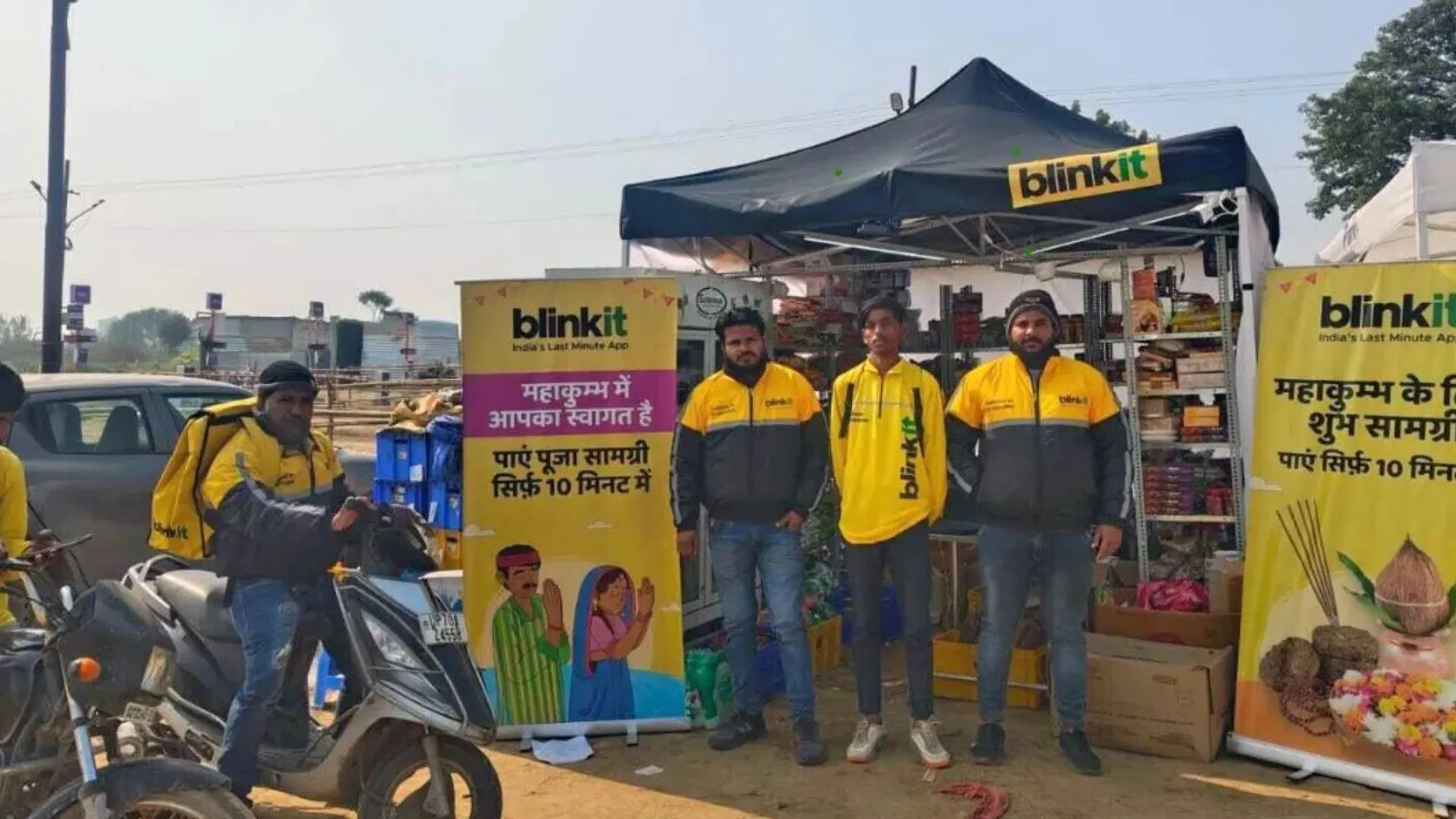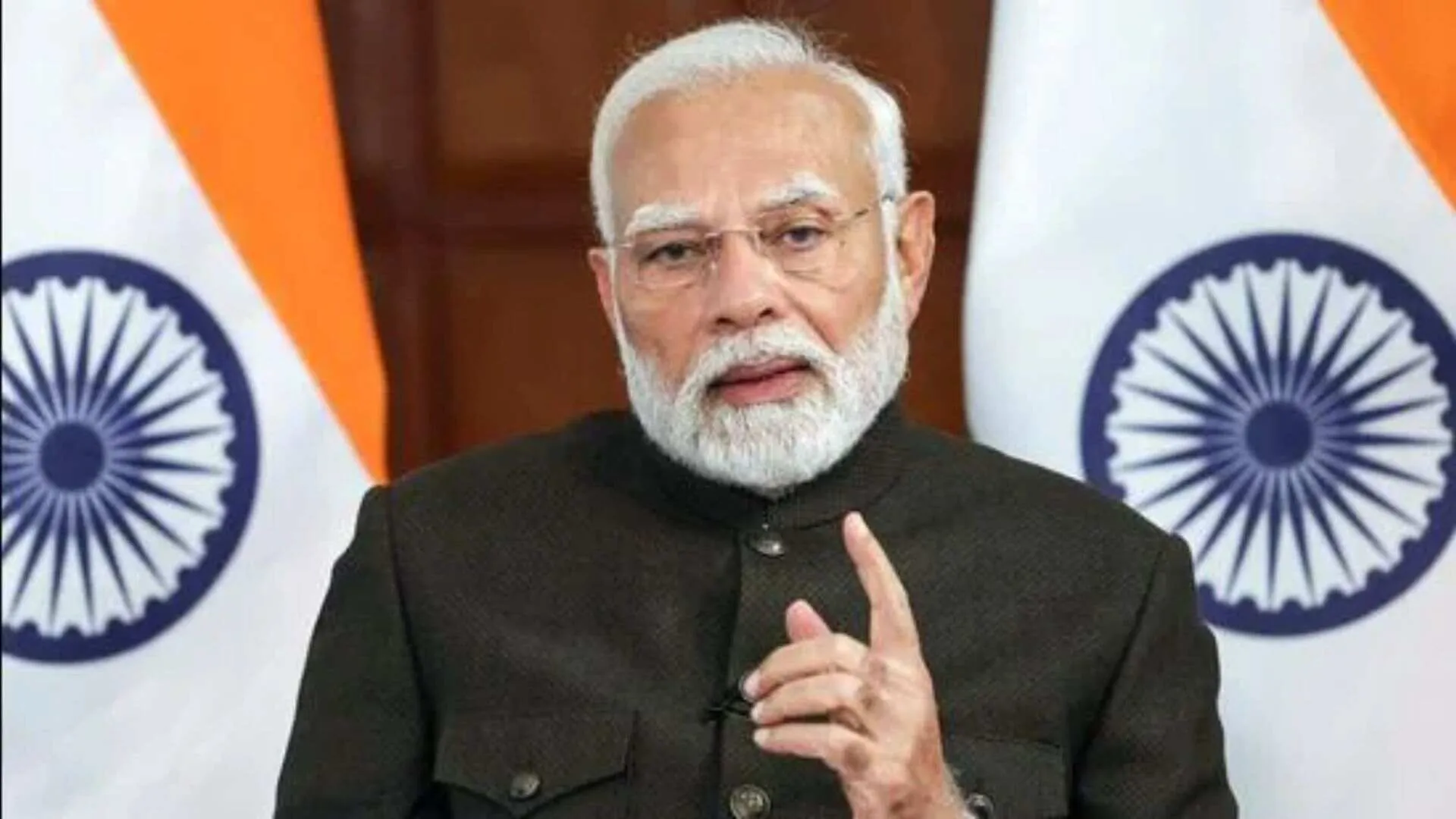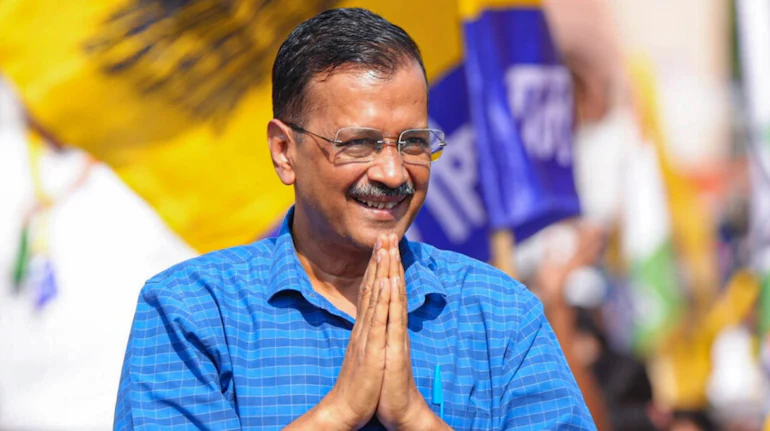The Indian Institute of Foreign Trade (IIFT) is the only institution among the top B-schools in India which is currently offering an MBA programme in International Business (MBA-IB). IIFT institutes are located at two locations, Delhi and Kolkata, with a proposition of launching its new Kakinada campus with 60 seats in 2021. The Dar-es-Salaam campus of IIFT has also started operating.
The NTA conducts the IIFT entrance exam in online mode for candidates interested in pursuing its flagship programme of MBA-IB. But there are a few things to be kept in mind for the entrance exam in 2021.
CHANGES IN EXAM PATTERN
The 2021 entrance exam will be a computer-based test and not a paper-based test. The timings have also undergone a change: the test will now be held from 3 PM to 5 PM, as against the previous 10 AM-12 PM slot.
The IIFT exam consists of multiple-choice objective type questions and will have four major sections in its 2021 instalment, instead of the earlier six. Each section has a different number of questions. VARC, Quant, DILR will have the same scoring pattern, while GK will have a different one. At least 4-5 reading comprehension passages of moderate difficulty are also to be expected.
The IIFT 2021 edition will be a single session test and the exam will be held in 68 cities across India on January 24, 2021.
THREE STAGES OF EXAM
The IIFT exam will have three stages to be cleared by the applicant. The first is the writing skill assessment round, meant to check the writing skills and critical analysis capabilities of the candidates. The ones who mark their place in the cut-off list of IIFT 2021 will be eligible to sit for this round.
The topic for writing will be given on the spot, and candidates will be told to complete an essay within the stipulated time. The topic can be about any topic under the sun, including politics, business and the corporate world, the Indian or global economy, sports, media and communication, social reforms and the society and law and amendments.
The topic and time duration will be set by the admission selection authorities of the IIFT and any query regarding the round must be brought up to the authority without delay. After the completion of this round and declaration of the results, selected candidates will be sent for the next round of the selection procedure, which is a group discussion (GD).
The motive for the GD round is to test the thinking capabilities, levels of knowledge, and skills for speaking and debating. The topics for the round can emerge from any prominent subjects, mostly including economics, management, business, politics, science and technology, media and mass communication, law, sports and literature.
Selected candidates will be given time to prepare talking points on the topic and asked to discuss it in groups of seven or eight people. The trick to succeeding in this round is to counter question the points put forth by other candidates and make sure that valid and correct arguments are used to do that.
The candidates who perform well in the GD will be cleared for the personal interview (PI), the final round in the selection process. The main aim of this round is to judge the candidates’ understanding of the course they are about to opt for along with their interest in the subject matter.
Candidates can expect a panel of judges to ask them questions from any field, including the personal life of the candidate. Answering their questions with confidence is key for this round. The candidates’ responses will be examined on terms decided by the judges, and those deemed fit will be put on the final list of students selected for admission.
The GD and PI will take place in February 2021 in various cities, including Mumbai, Lucknow, Kolkata, Hyderabad, Delhi, Chennai and Bengaluru.
Shortlisted candidates will have to submit a Statement of Purpose (SoP), considered a significant criterion for the IIFT selection procedure, and pay the requisite fee. Later, the candidates can choose a campus (either in New Delhi or Kolkata), based on which, seat allotment would be carried out. However, the candidates who get selected in the IIFT entrance examination will be given first preference during the seat allotment.
HOW TO PREPARE
Firstly, it is important to identify strong and weak areas and work on them. This would include regular practice and solving questions and mock tests, and developing a proper understanding of the basic concepts to help apply advanced tricks. It is also important to establish a balance between speed and accuracy. Neither should be too low. Moreover, it would help a candidate to read as much as they can to improve language and comprehension skills.
Since sectional cut-offs are important in the IIFT tests, taking a section-wise approach can also be really helpful. For instance, candidates may prepare for Reading Comprehension and Verbal Ability in ten days, Logical Reasoning and Data Interpretation in ten days, and Quantitative Analysis and General Knowledge in another ten-day period. Identifying any usual types of questions by going through previous years’ papers and practising them on a daily basis can also help.
For Data Interpretation and Logical Reasoning, which is a time-consuming section, timed practice tests would improve reading speed. The Verbal Ability and Reading Comprehension sections can be mastered by building proficiency in English grammar, syntax and vocabulary, phrases and idioms, and reading skills. The Reading Comprehension section generally has 4-5 passages, so it is impractical to attempt all of them are they are likely to be lengthy. Keep in mind that at least two passages would be easier than the rest, and candidates can maximise on their scores by reading fast and going through the questions before answering.
For the Quantitative Aptitude questions, candidates would need to enhance basic mathematical skills and practise topics like time, distance, work and heights, simple and compound interest, mensuration, permutation and combination and geometry.
The General Awareness paper holds the least weightage, but the section is still important in proving the merit of a candidate. To proceed with it, first, one should divide the section in two parts: static and dynamic. Then, read the Manorama Yearbook and daily newspapers thoroughly, with a focus on current events, business and trade and policies of India with other countries.
The writer is a senior faculty member at T.I.M.E. Delhi.























